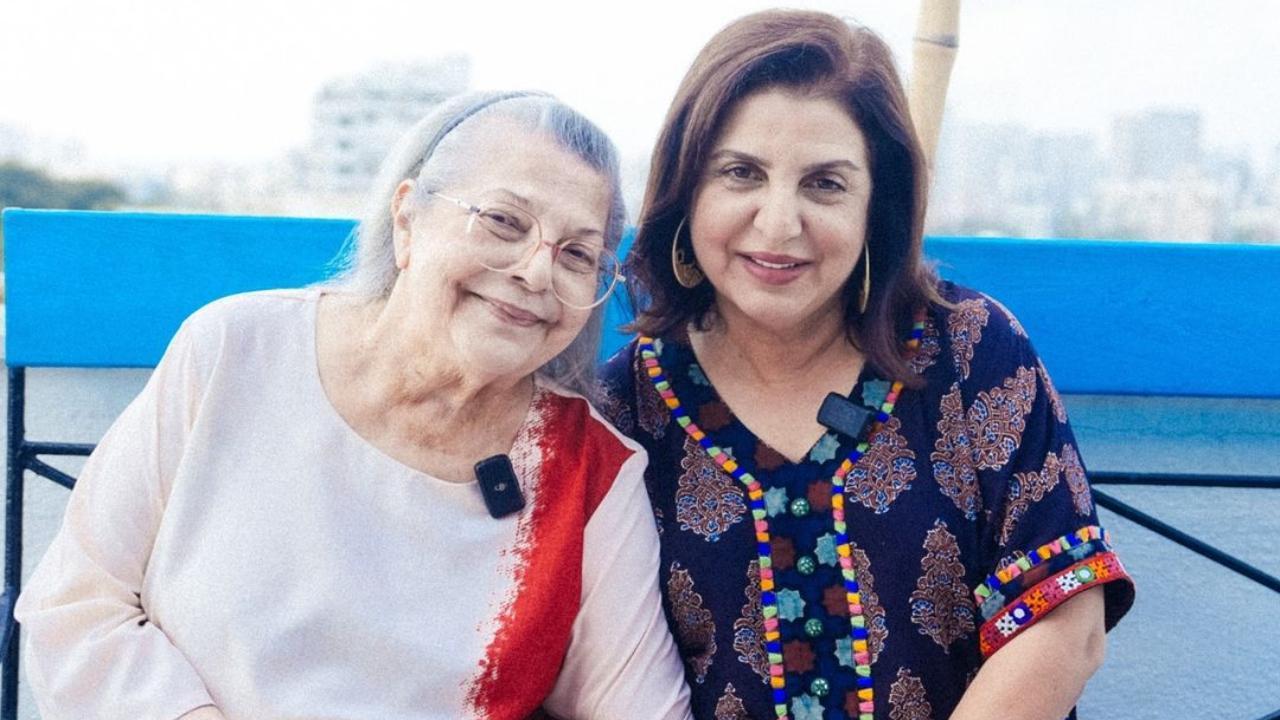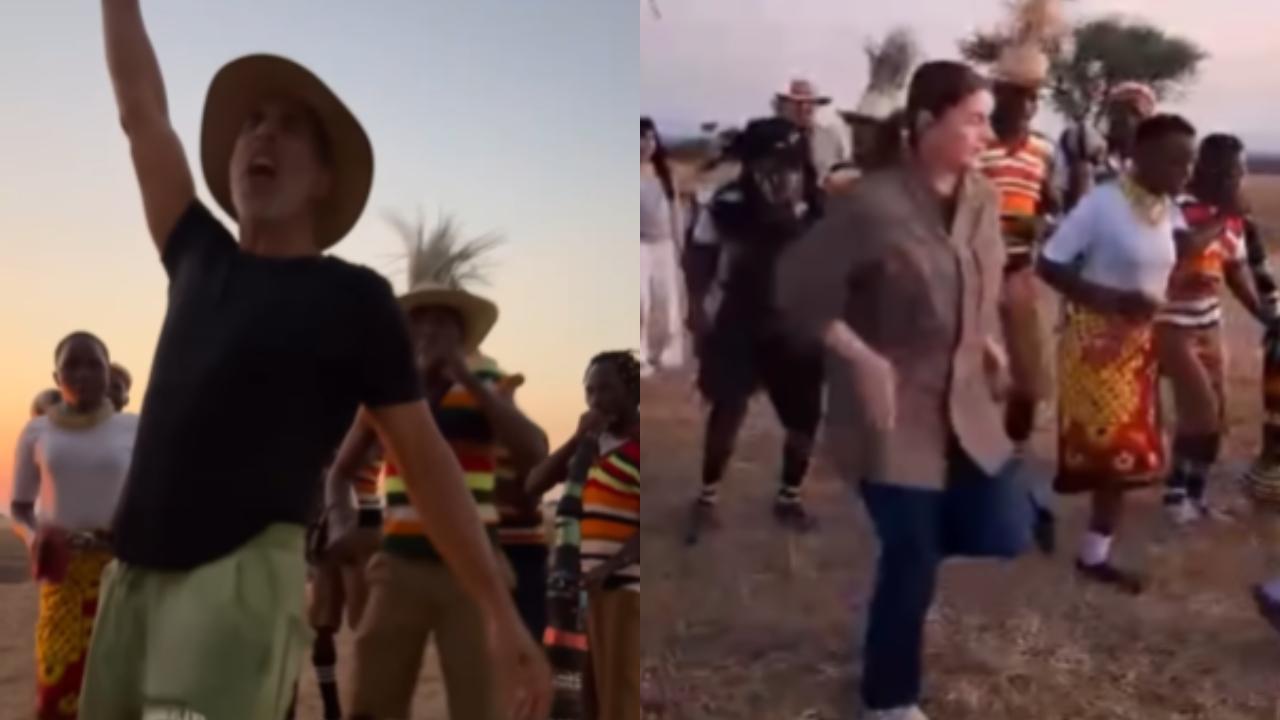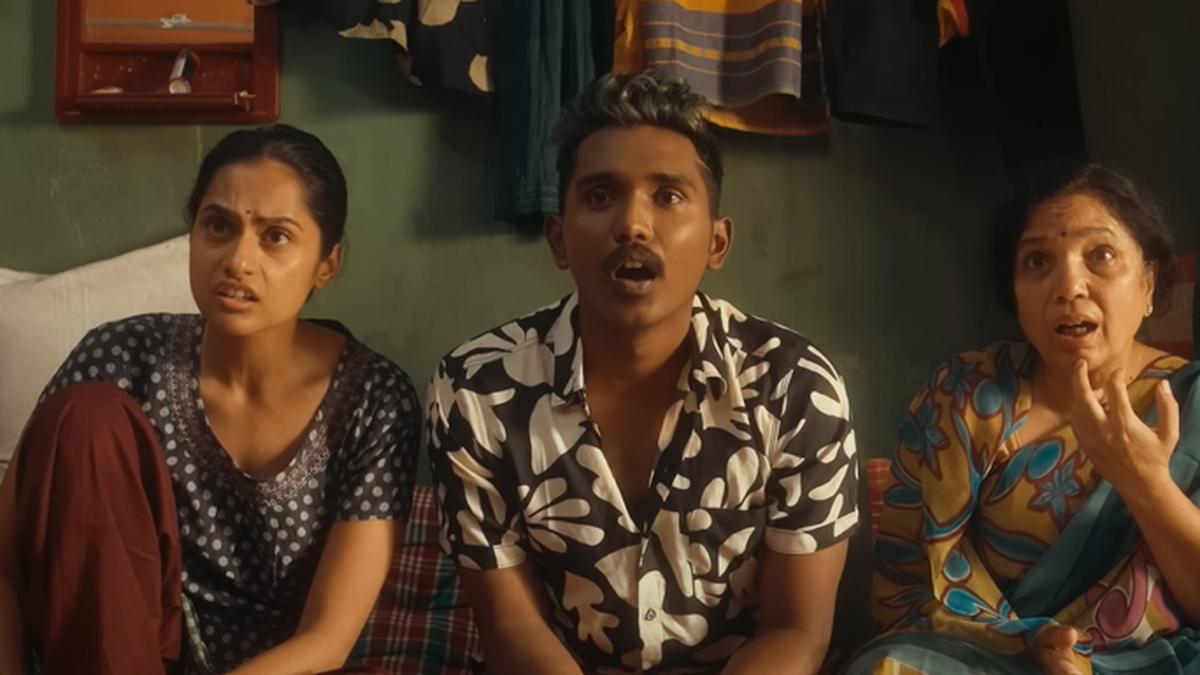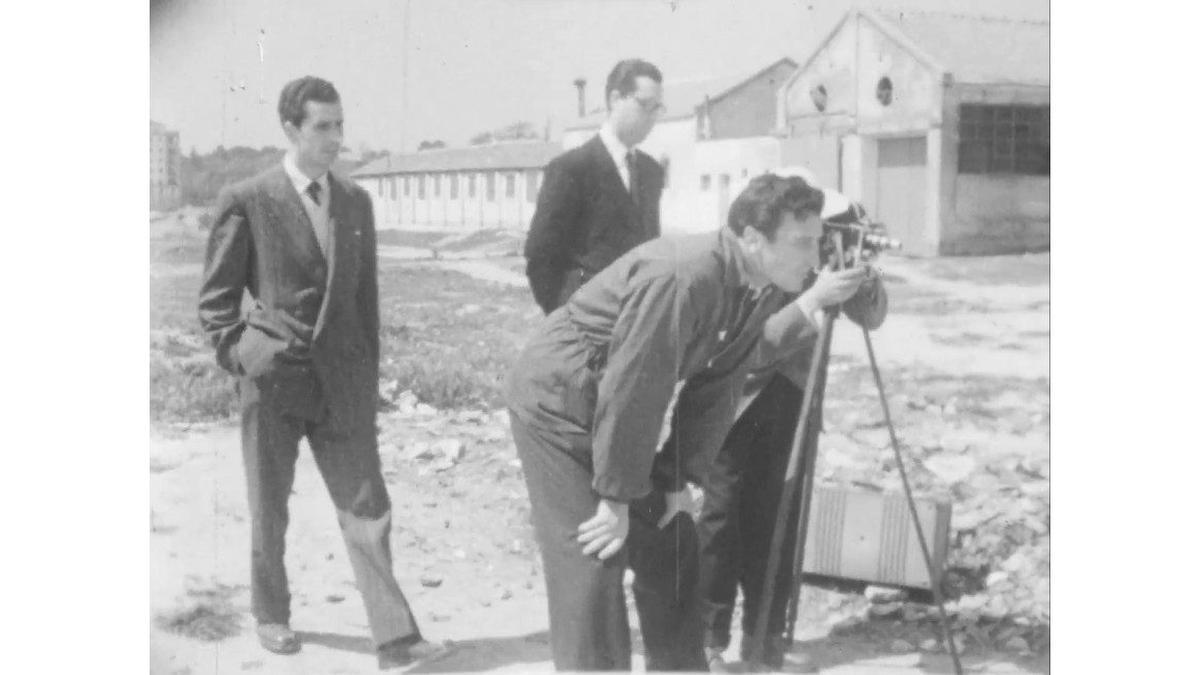
Dil Dhadakne Do, directed by the acclaimed filmmaker Zoya Akhtar, remains a beloved film that continues to strike a chord with its audience long after its initial release. Released by Excel Entertainment in 2015, this quintessential family comedy-drama features a star-studded ensemble cast and delves deep into the intricate dynamics of a modern family. As we mark the ninth anniversary of this cinematic gem, it becomes imperative to explore the factors that contribute to its enduring relevance.
Excel Entertainment, spearheaded by Ritesh Sidhwani and Farhan Akhtar, has been known for supporting films that are not only engaging but also rich in substance. ‘Dil Dhadakne Do’ is a prime example of this philosophy, as it seamlessly blends heartwarming humor with a narrative brimming with emotional depth. Let’s take a closer look at the five pivotal reasons why ‘Dil Dhadakne Do’ remains a culturally significant film to this day.
Exploration of Modern Family Dynamics
‘Dil Dhadakne Do’ offers a meticulous exploration of contemporary family relationships, addressing themes such as sibling rivalry, parental expectations, and marital strife. The film portrays the Mehras—a wealthy Indian family grappling with their own complex personal issues—embarking on a luxury cruise, a setting that magnifies their interwoven conflicts and individual struggles. Audiences continue to find these themes relatable, as they mirror the universal experiences and dynamics within many households. The screenplay, peppered with poignant and captivating moments, ensures that the film strikes an emotional chord with those who watch it.
Empowerment and Personal Growth
A significant aspect of ‘Dil Dhadakne Do’ is its portrayal of women seeking empowerment and personal growth. The character Ayesha, played by Priyanka Chopra, stands out as a beacon of this theme. Ayesha challenges traditional gender roles and expectations as she endeavors to pursue her career ambitions and achieve personal fulfillment. This resonates strongly with the ongoing discourse surrounding women’s rights and gender equality. Ayesha’s journey serves as both an inspiration and a reflection of the real-world struggles of many women striving to break free from societal constraints. The narrative encourages viewers to reflect on the importance of supporting women’s autonomy and growth in both personal and professional spheres.
Social Commentary on Class and Status
The film also offers sharp social commentary on upper-class society, addressing issues such as materialism, societal pressure, and the superficial nature of social status.
. Through its richly layered characters, ‘Dil Dhadakne Do’ critiques the often ostentatious and hollow pursuits of the wealthy elite. This exploration remains pertinent, especially in today’s era of social media-dominated lifestyles where the portrayal of an idealized life often overshadows genuine human connection and values. By highlighting these superficialities and their consequences, the film encourages audiences to question the true meaning of success and happiness in their own lives.
Mental Health Awareness
‘Dil Dhadakne Do’ subtly tackles mental health issues through the depiction of its characters’ struggles with anxiety, depression, and self-worth. This nuanced approach helps destigmatize mental health discussions, fostering greater empathy and understanding among viewers. With increasing awareness and attention to mental health in modern society, the film’s treatment of these themes continues to hold great significance. It underscores the importance of acknowledging mental health challenges and offers a gentle reminder that seeking help and support is not only acceptable but necessary.
Emphasis on Communication and Understanding
One of the central messages of ‘Dil Dhadakne Do’ is the significance of open communication and understanding within families. The plot is rife with misunderstandings and unspoken grievances, serving as the crux of the characters’ conflicts. The film conveys the universal truth that many family issues can be resolved through honest and transparent dialogue. This message resonates deeply with audiences, as it emphasizes the fundamental need for communication in building and maintaining meaningful relationships. It encourages viewers to reflect on their own family dynamics and consider the value of open conversations in resolving conflicts and fostering stronger bonds.
As we celebrate the ninth anniversary of ‘Dil Dhadakne Do’, it is evident that the film’s themes of family dynamics, personal growth, social commentary, mental health awareness, and the importance of communication remain as relevant today as they were in 2015. Zoya Akhtar’s directorial prowess, coupled with the stellar performances of the cast, ensures that this film continues to be a significant and relatable piece of cinema for audiences across generations. ‘Dil Dhadakne Do’ stands as a testament to the enduring power of compelling storytelling and its ability to reflect and impact real-life experiences.
In conclusion, ‘Dil Dhadakne Do’ is much more than a family comedy-drama; it is a cultural touchstone that continues to captivate hearts and minds with its relatable themes and profound messages.










